Zientzia hedabideetan
-

Pluto’s Atmosphere Is Thinner Than Expected, but Still Looks Hazy
The total mass of the atmosphere on Pluto appears to have fallen by half in just two years, scientists working on NASA’s New Horizons mission reported during a news conference […]
-
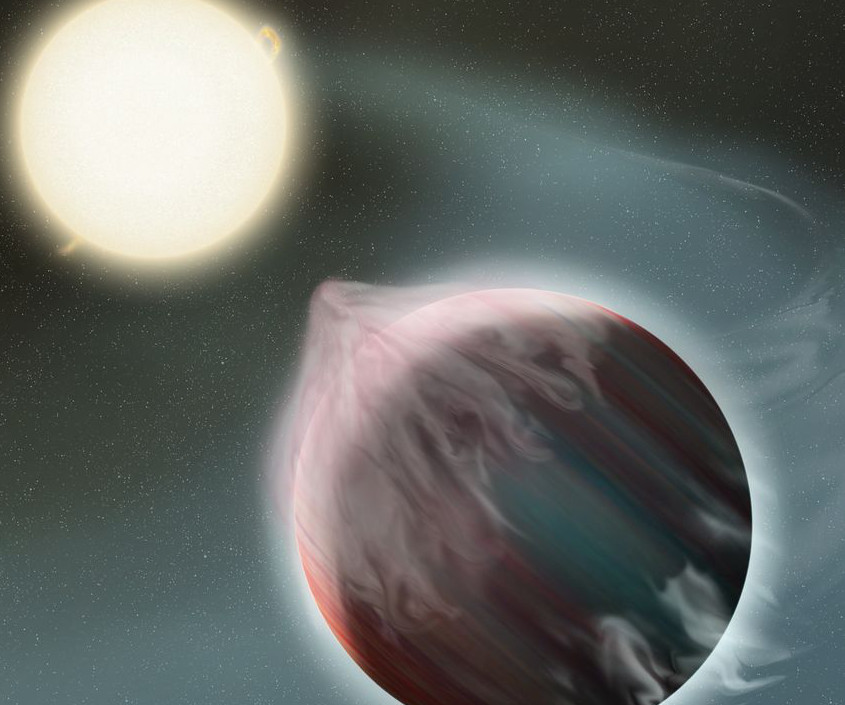
Mini-Neptunes Might Host Life Under Right Conditions
Astronomer Rodrigo Luger of the University of Washington, along with colleagues, have found that a certain kind of planet called a mini-Neptune with its atmosphere removed could, in fact, become […]
-
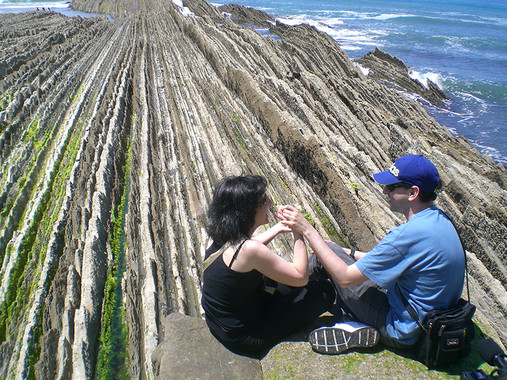
Geología sin barreras en la costa vasca
Con la ayuda del tacto y el olfato se puede diferenciar una roca de otra, e incluso sentir los millones de años de antigüedad de los estratos sedimentarios. Geólogos de […]
-

Famous Fluid Equations Are Incomplete
A 115-year effort to bridge the particle and fluid descriptions of nature has led mathematicians to an unexpected answer.
-
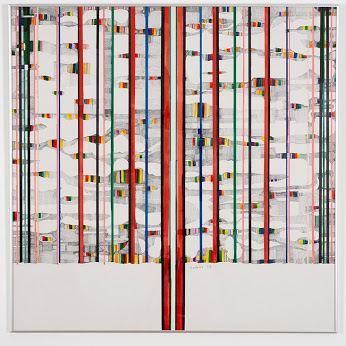
The Reality of Color Is Perception
An argument for a new definition of color.
-
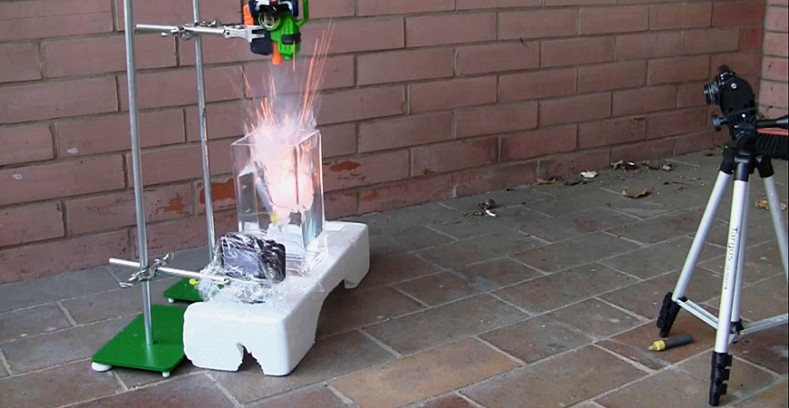
¿Quién acabó con la megafauna? No fueron los humanos
Durante años, la actividad humana ha sido la principal sospechosa de la desaparición de cientos de especies a finales del Pleistoceno. Un nuevo trabajo apunta al verdadero culpable.
-
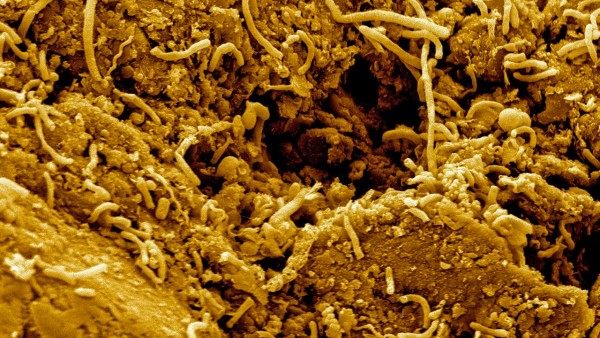
‘It’s like going to Pluto and seeing McDonald’s’
If you want to find some weird, undiscovered organisms, the sediments more than 2 kilometers below the ocean floor should be a good place to look. The heat and pressure […]
-

To fend off dementia, run — or dance, bike, power-walk or step
Scientists testing experimental drugs to prevent or reverse Alzheimer’s disease have for years endured a drumbeat of inconclusive and disappointing trial results. But dementia researchers meeting in Washington, D.C., this […]
-

El error informático que pudo arruinar el alunizaje de la misión Apolo 11
La misión que llevó al hombre a pisar la Luna por primera vez estuvo llena de dificultades. Quizá la última de ellas fue resolver un error informático que saltó poco […]
